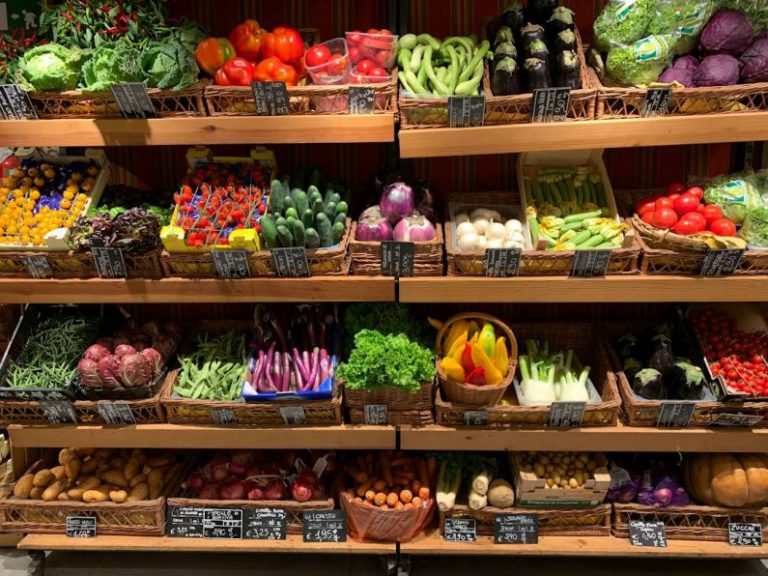Reducing Food Waste: Simple Steps Everyone Can Take
Food waste is a global issue that affects us all. According to the Food and Agriculture Organization of the United Nations, approximately one-third of all food produced for human consumption is wasted every year. This not only has negative environmental impacts, but also contributes to hunger and poverty around the world. The good news is that we can all play a part in reducing food waste. By making small changes to our daily habits, we can make a big difference. In this article, we will explore some simple steps that everyone can take to help reduce food waste.
Plan your meals and make a shopping list
One of the main reasons why food gets wasted is because we buy more than we need. To avoid this, it is important to plan our meals in advance and make a shopping list. By knowing exactly what we need, we can avoid impulse purchases and minimize food waste. It is also helpful to check our pantry and fridge before heading to the grocery store, so we don’t end up buying items we already have.
Buy only what you need
When we go grocery shopping, it is tempting to buy in bulk or take advantage of special offers. However, buying more than we need often leads to food waste. Instead, try to buy only what you know you will consume within a reasonable time frame. This will not only help reduce food waste but also save you money in the long run.
Store food properly
Proper storage is essential to keep food fresh for longer. Make sure to store perishable items, such as fruits and vegetables, in the fridge to extend their shelf life. Keep dry goods, like rice and pasta, in airtight containers to prevent them from going stale. By storing food properly, we can avoid spoilage and make the most of what we have.
Use leftovers creatively
Leftovers are a common source of food waste. Instead of throwing them away, try to use them creatively in new dishes. For example, leftover vegetables can be turned into a delicious stir-fry or added to a soup. Leftover meat can be shredded and used in sandwiches or salads. By getting creative with leftovers, we can save money and reduce food waste.
Understand expiration dates
Expiration dates can be confusing, but understanding them is crucial to avoid unnecessary food waste. It is important to differentiate between “sell by,” “best by,” and “use by” dates. “Sell by” dates indicate the last date a store should sell a product, but it is still safe to consume it afterward. “Best by” dates indicate the date until which the product is at its peak quality, but it is still safe to consume it beyond that date. “Use by” dates indicate the last date a product should be consumed for safety reasons. By understanding these dates, we can make informed decisions about the freshness and safety of our food.
Compost your food scraps
Despite our best efforts, there will always be some food waste that cannot be avoided. Instead of throwing it in the trash, consider composting it. Composting not only reduces waste but also creates nutrient-rich soil that can be used to grow new food. If you don’t have space for a compost pile, there are many indoor composting options available that are suitable for small spaces.
In conclusion
Reducing food waste is a collective effort that requires everyone to play their part. By planning our meals, buying only what we need, storing food properly, using leftovers creatively, understanding expiration dates, and composting our food scraps, we can all make a significant impact. Together, we can help reduce food waste, preserve our environment, and contribute to a more sustainable future.






